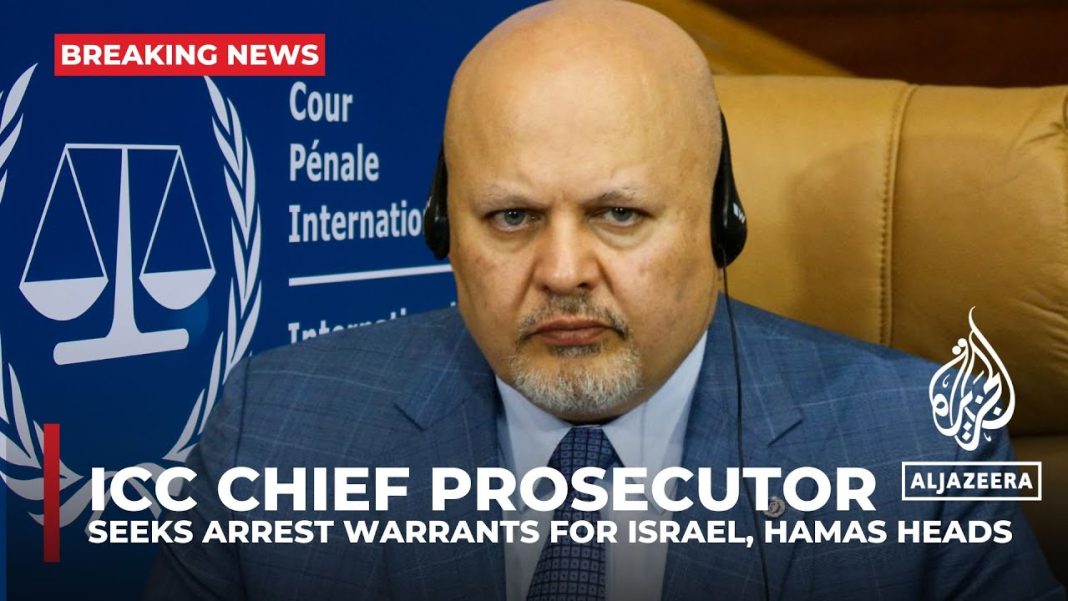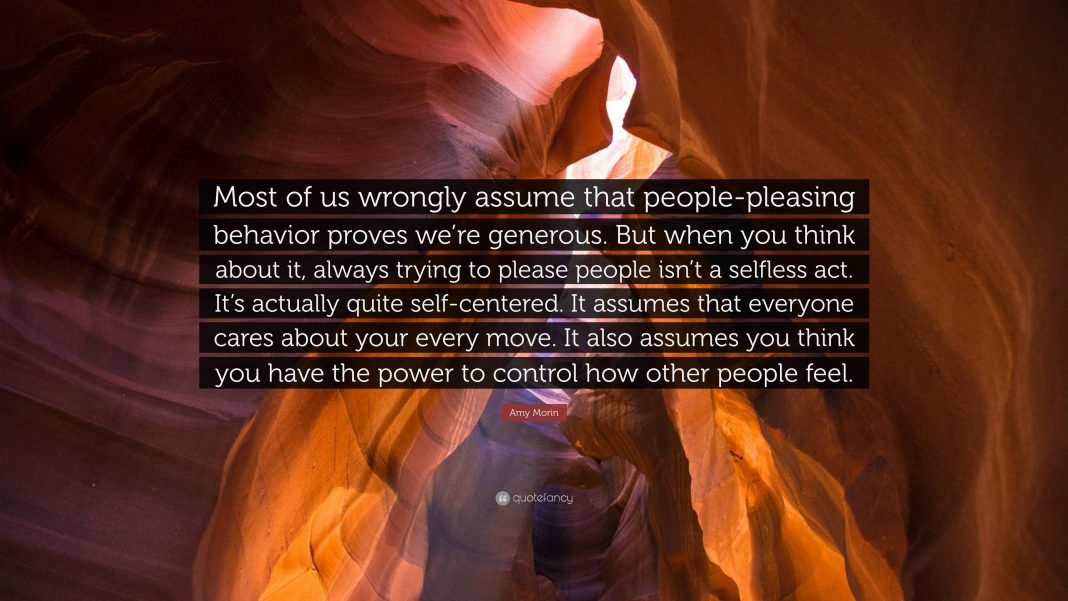 The International Criminal Court (ICC) is making headlines as it seeks arrest warrants for Hamas leader Yahya Sinwar and Israeli Prime Minister Benjamin Netanyahu on charges of war crimes and crimes against humanity. This move follows the October 7 attacks on Israel and the subsequent war in Gaza. In an exclusive interview with CNN’s Christiane Amanpour, the court’s chief prosecutor Karim Khan revealed that the ICC is also targeting Israel’s Defense Minister Yoav Gallant, as well as two other top Hamas leaders, Mohammed Diab Ibrahim al-Masri and Ismail Haniyeh.
The International Criminal Court (ICC) is making headlines as it seeks arrest warrants for Hamas leader Yahya Sinwar and Israeli Prime Minister Benjamin Netanyahu on charges of war crimes and crimes against humanity. This move follows the October 7 attacks on Israel and the subsequent war in Gaza. In an exclusive interview with CNN’s Christiane Amanpour, the court’s chief prosecutor Karim Khan revealed that the ICC is also targeting Israel’s Defense Minister Yoav Gallant, as well as two other top Hamas leaders, Mohammed Diab Ibrahim al-Masri and Ismail Haniyeh.
What makes this development particularly significant is that it marks the first time the ICC has targeted the top leader of a close ally of the United States. Netanyahu now finds himself in the company of Russian President Vladimir Putin, who the ICC previously issued an arrest warrant for in relation to Moscow’s war on Ukraine. The ICC’s decision to pursue such high-profile figures demonstrates its commitment to holding leaders accountable for their actions.
Khan emphasized the gravity of the charges against Sinwar, Haniyeh, and al-Masri, which include “extermination, murder, taking of hostages, rape and sexual assault in detention.” These allegations reflect the horrific events that unfolded on October 7 when innocent people were forcibly removed from their homes and suffered greatly as a result.
Netanyahu and Gallant face charges that include “causing extermination, causing starvation as a method of war, including the denial of humanitarian relief supplies, deliberately targeting civilians in conflict.” These accusations highlight the serious allegations against these Israeli politicians and their alleged role in perpetuating violence and humanitarian crises.
When reports of the ICC’s intentions first surfaced last month, Netanyahu vehemently opposed the idea, stating that any arrest warrants issued by the ICC would be an “outrage of historic proportions.” He also emphasized that Israel has a robust legal system that thoroughly investigates any violations of the law. However, Khan promptly responded to Netanyahu’s objections, asserting that “nobody is above the law.”
In response to Israel’s disagreement with the ICC, Khan advised them to raise a challenge before the court’s judges. This highlights the ICC’s commitment to due process and its willingness to address objections to its jurisdiction. It is important to note that Israel and the United States are not members of the ICC. Nonetheless, the ICC claims jurisdiction over Gaza, East Jerusalem, and the West Bank following Palestine’s formal agreement to abide by the court’s founding principles in 2015.
This development has significant implications for international justice and accountability. The ICC’s pursuit of arrest warrants against high-ranking officials demonstrates its commitment to upholding human rights and ensuring that those responsible for war crimes and crimes against humanity are held accountable, regardless of their position or affiliation. By seeking justice for victims and survivors, the ICC plays a crucial role in promoting peace and ending cycles of violence.
As the panel of ICC judges considers Khan’s application for the arrest warrants, the international community will closely monitor the outcome. The decision reached will undoubtedly have far-reaching consequences, affecting not only the individuals involved but also shaping the future of international justice.


